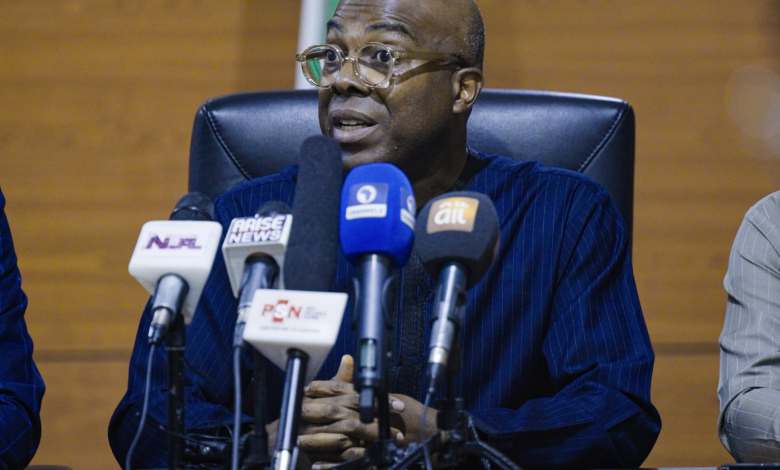
Abuja, February 20, 2025 – Despite boasting a combined refining capacity of 985,000 barrels per day, Nigeria’s three operational refineries are producing less than half of the nation’s daily petrol needs, forcing the country to rely heavily on imports. The Nigerian Midstream and Downstream Petroleum Regulatory Authority (NMDPRA) revealed this shortfall during a press conference in Abuja on Wednesday, shedding light on the persistent challenges in the country’s energy sector.
NMDPRA Chief Executive Farouk Ahmed, represented by Executive Director, Ogbugo Ukoha, disclosed that Nigerians consume approximately 50 million litres of petrol (Premium Motor Spirit, or PMS) daily. However, domestic refineries—including the newly operational Port Harcourt (210,000 bpd), Warri (125,000 bpd), and Dangote (650,000 bpd) refineries—contribute less than 50% of this demand. The gap, Ahmed emphasized, is bridged through imported petroleum products.
Imports Remain Critical Despite Refinery Revival
The revival of the state-owned Port Harcourt and Warri refineries in 2024, alongside the much-celebrated launch of the Dangote Refinery earlier this year, raised hopes of reduced dependence on imports. Yet, Ukoha clarified that even with these advancements, Nigeria’s domestic production falls short. “Between January and February 2025, local refineries account for less than 50% of our daily PMS needs,” he said. “The shortfall is sourced through imports to prevent fuel scarcity.”
Interestingly, none of the oil marketing companies (OMCs) owning these refineries have imported petrol this year. Instead, other OMCs have stepped in to address the deficit. Ukoha noted that this arrangement aligns with the Petroleum Industry Act (PIA) 2021, which empowers the NMDPRA to grant import licences and ensure supply stability.
Petrol Consumption Drops After Subsidy Removal
The NMDPRA also highlighted a significant shift in petrol consumption patterns. Before the subsidy removal announced by President Bola Tinubu on May 29, 2023, daily PMS demand averaged 66 million litres. Post-subsidy, consumption has stabilized at around 50 million litres per day—a reduction attributed to higher fuel prices and changing consumer behavior. Despite this drop, domestic refineries have struggled to keep pace.
Ukoha praised the absence of fuel shortages during the recent Yuletide season, crediting proactive import measures. “If we do nothing to bridge the shortfall, we will have scarcity on our hands,” he warned, underscoring the regulator’s commitment to maintaining supply nationwide.
Quality Concerns Dismissed
Addressing rumors about substandard imports, Ukoha reassured Nigerians that all petroleum products entering the country in 2025 meet stringent quality standards set by the Standard Organisation of Nigeria (SON) and the PIA 2021. “The NMDPRA does not permit the distribution of products that fall short,” he stated, dismissing social media claims as “bogus” and urging the public to disregard misinformation.
What Lies Ahead for Nigeria’s Energy Sector?
The continued reliance on imports raises questions about the effectiveness of Nigeria’s refinery investments. While the Dangote Refinery and revitalized state-owned facilities signal progress, their inability to meet even half of the nation’s petrol demand highlights deeper operational or logistical hurdles. Ukoha hinted that the NMDPRA could turn to “suppliers of last resort” under the PIA if the situation worsens, though no such action has been necessary yet.
